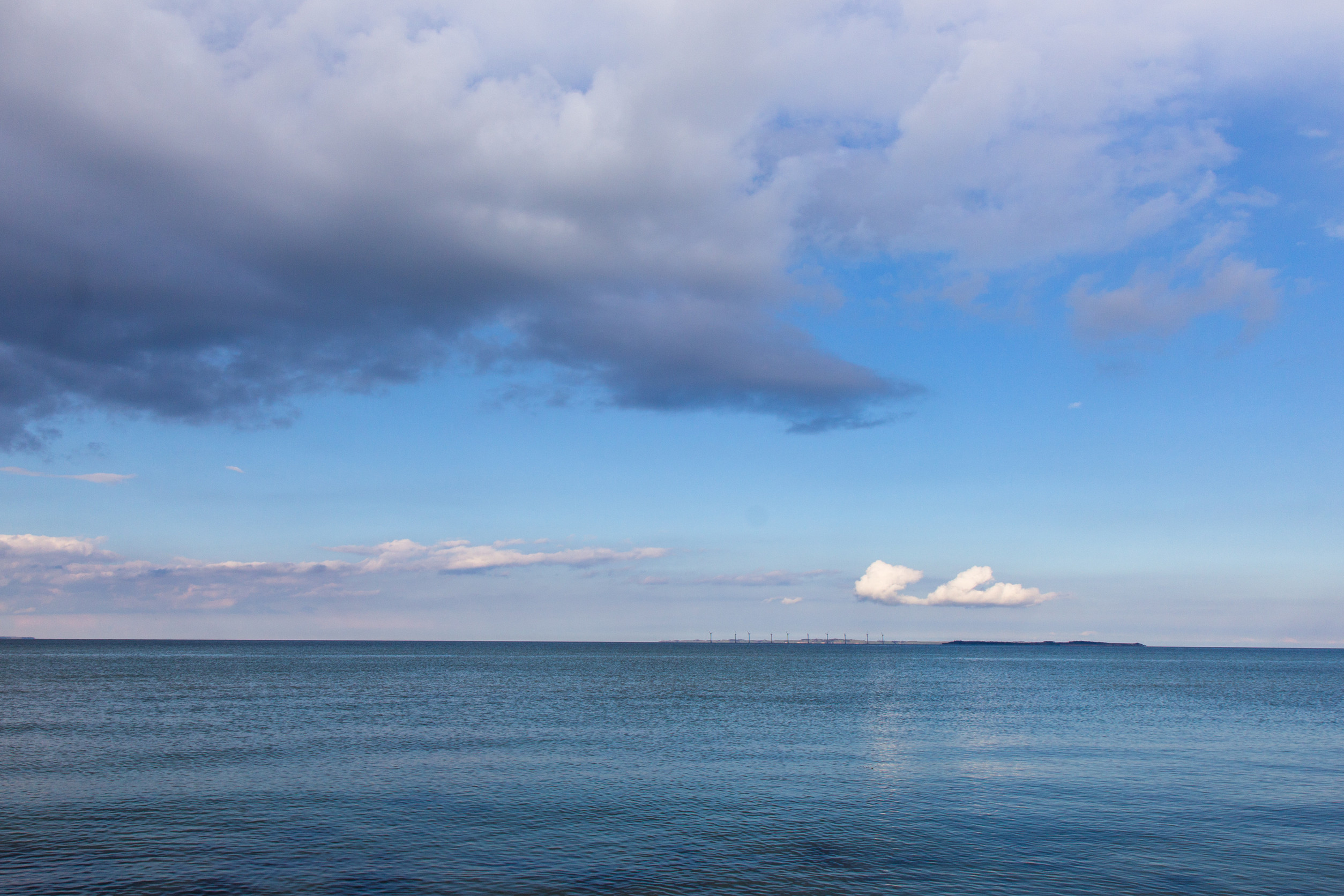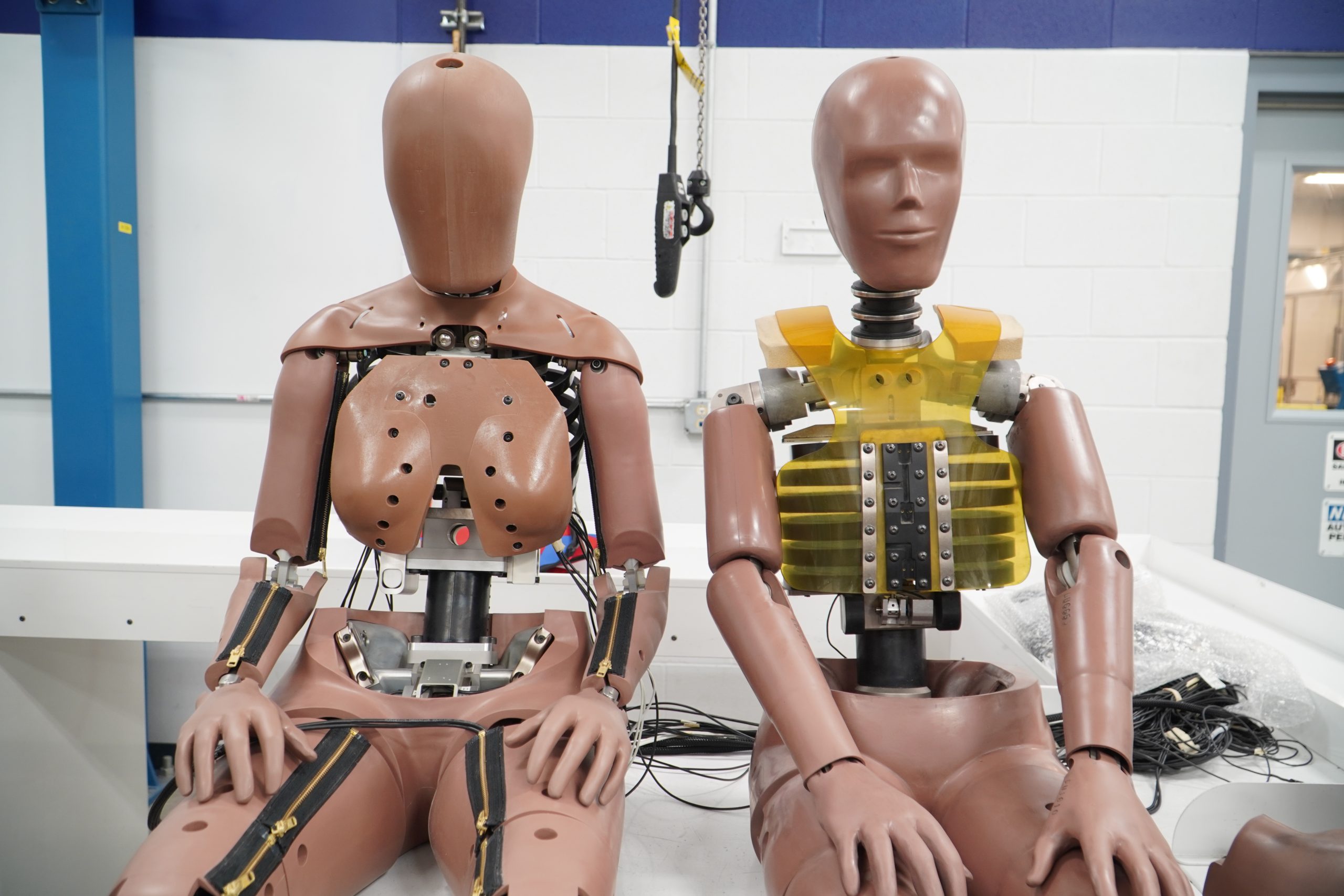It is well known that high blood pressure and cardiovascular disease are more prevalent in colder climates, and that heart attacks and strokes are both more common and more severe in the winter months. Now, researchers have provided evidence of a reason why, by directly linking exposure to sunshine to the health of our blood vessels.
A molecule called nitric oxide (NO) is critical to regulating how the walls of blood vessels expand and contract—which determines our blood pressure—and is also found at high levels in skin cells. Investigators at the Universities of Edinburgh and Southampton in the UK found that by shining ultraviolet light (which mimics the effects of sunlight) on the skin of volunteers, they could lower their blood pressure and increase the level of NO in the blood. Interestingly, dietary intervention to increase NO levels had no such effect.
The NO had to be released from skin cells, where it is stored, to impact the blood pressure. Shining a light with the ultraviolet rays blocked also had no effect, indicating that sunlight, not just electric light, was critical. Thirty percent of deaths are caused by cardiovascular disease, and the researchers believe that the current public health recommendations to avoid sunlight should be reconsidered. According to lead author Martin Feelisch, “Avoiding excess sunlight exposure is critical to prevent skin cancer, but not being exposed to it at all, out of fear or as a result of a certain lifestyle, could increase the risk of cardiovascular disease.”
(Source: Journal of Investigative Dermatology, 2014; doi: 10.1038/jd.2014.27)
Photo: Flickr/ Archbob
Need more optimistic health tips? Get them here, for free.











